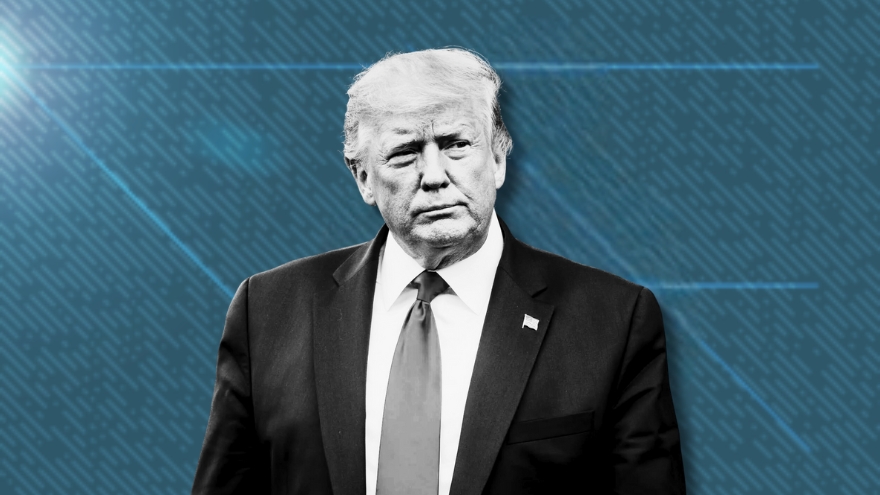The Supreme Court of Minnesota dismissed a lawsuit seeking to prevent former President Donald Trump from appearing on the ballot in 2024.
The lawsuit, brought by Free Speech for People, argued Trump’s actions on and before the riot at the Capitol on Jan. 6, 2021 constituted engaging in an insurrection and therefore violated section 3 of the 14th Amendment. The court did not definitively rule on whether Trump’s action constituted engaging in insurrection but rather focused on the rights of political parties. The ruling applies only to the Minnesota primary.
“We conclude that petitioners have standing and that their claims are ripe as to the issue of whether former President Trump should be excluded from the 2024 Republican presidential nomination primary,” wrote Chief Justice Natalie E. Hudson in the ruling. “We reach a different conclusion regarding petitioners’ claim that it would be error for the Secretary of State to place former President Trump’s name on the ballot for the 2024 general election ballot.”
“There is no state statute that prohibits a major political party from placing on the presidential nomination primary ballot, or sending delegates to the national convention supporting, a candidate who is ineligible to hold office,” Hudson continued. “Because there is no error to correct here as to the presidential nomination primary, and petitioners’ other claims regarding the general election are not ripe, the petition must be dismissed, but without prejudice as to petitioners bringing a petition raising their claims as to the general election.”
During oral arguments on Nov. 2, the legal director of Free Speech for People said the court had to remove Trump from the ballot to “defend American Democracy.”
“Donald Trump engaged in rebellion and insurrection against the Constitution of the United States in a desperate attempt to remain in office after losing the election,” said Ron Fein, per The Hill. “Section Three of the 14th Amendment protects the republic from oath-breaking insurrectionists, because its framers understood that, if they’re allowed back into power, they will do the same or worse. Section Three’s plain text bars Trump from ever holding office.”
The Republican Party of Minnesota opposed the lawsuit.
“Petitioners’ shortsighted requests would do violence, not simply to the Republican Party of Minnesota, but to all political parties and their members. This Court should decline Petitioners’ invitation to play butcher to the U.S. Constitution,” said the party’s attorney, R. Reid LeBeau, in a response filed with the court in September, per the Post Bulletin.
“Rather, this Court should follow the volumes of case law which clearly establish that the First Amendment freedom of association is a shield from the very harm which Petitioners seek to inflict,” added LeBeau.
A similar ballot challenge was heard in Colorado last week. Denver District Judge Sarah Wallace has not yet indicated how she will rule. Closing arguments are expected to be heard on Nov. 15.
“No matter who wins, an appeal is expected. The case is happening under a special state law that allows for expedited proceedings, so any appeals will go directly to the Colorado Supreme Court,” reports CNN. “All seven justices on the court are Democratic appointees. Their decision can be appealed to the US Supreme Court, which has a conservative supermajority, including three justices who were appointed by Trump.”
Similar lawsuits have already been filed in Minnesota (where Trump’s legal team has counter-sued), New Hampshire, and Arizona.

